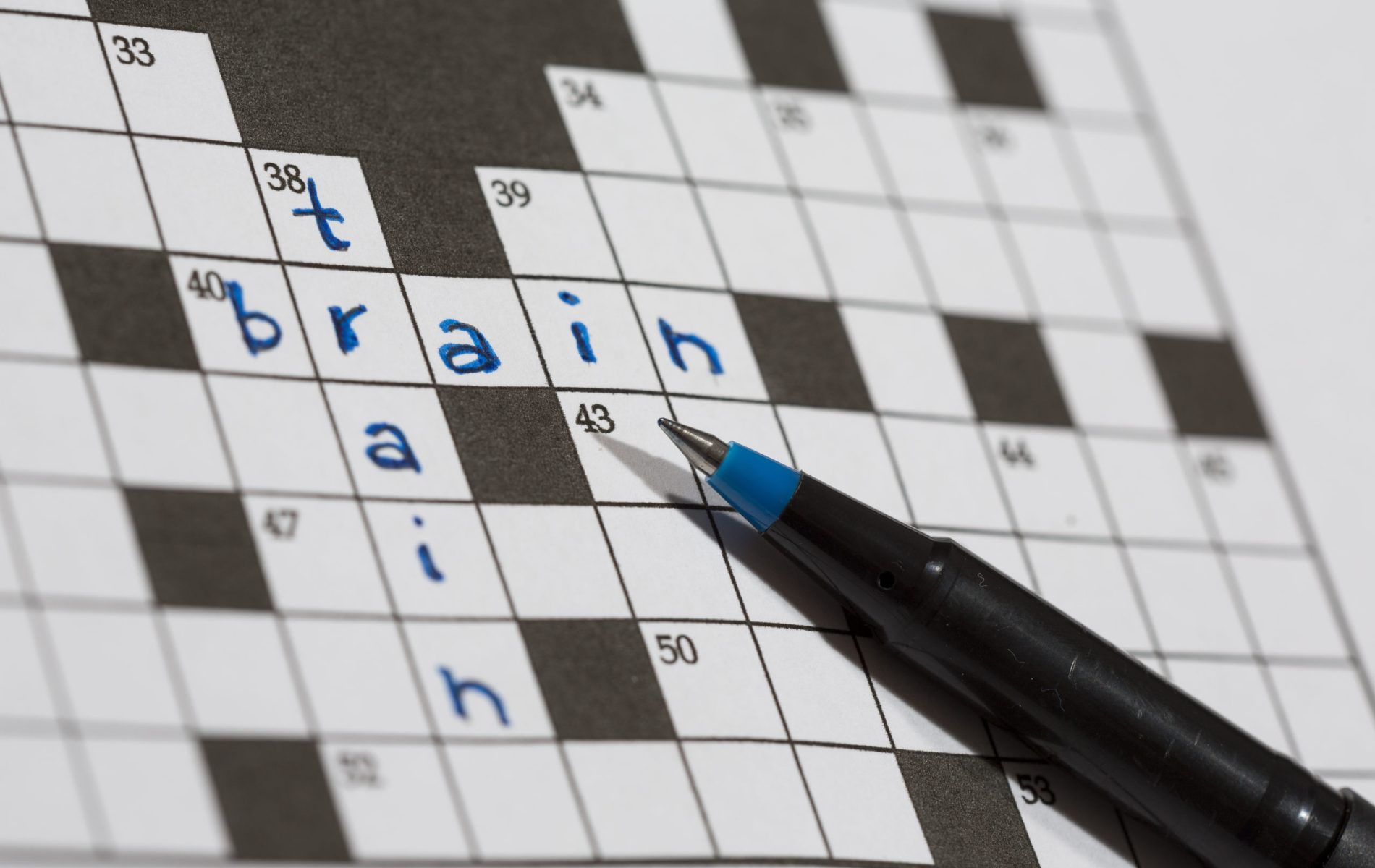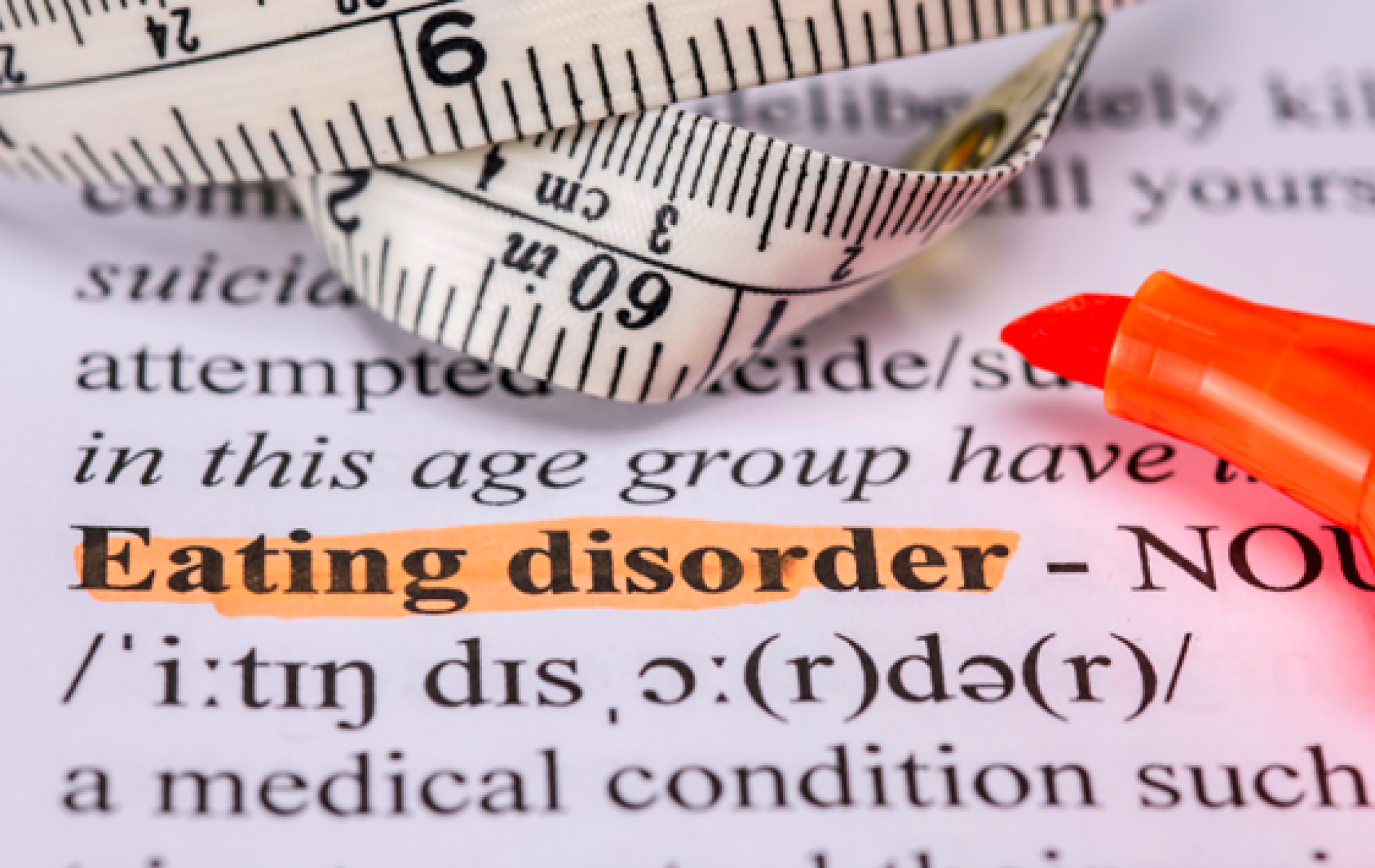What you eat greatly influences how well (or poorly) your brain functions. Eating a healthy diet that is nutrient-dense when your body recovers from a brain injury is of great value to your overall well-being and recovery from concussion symptoms.
The brain needs nutrients and calories in order to function and it is vital that a person who has sustained a brain injury gets enough calories for the brain to function efficiently. Additionally, deficiencies in certain chemicals and nutrients can lead to disruptions in the brain’s function and a person’s ability to think with clarity. Nutrition comes in many forms, including enzymes, vitamins, minerals, amino acids, lipids, and carbohydrates.
Neurotransmitters, or brain chemicals, that are responsible for regulating your behavior are controlled by what you put in your body. Neurotransmitters such as serotonin, dopamine, and norepinephrine are responsible for your moods. For example, if you eat foods that increase your body’s serotonin levels, you will become less tense. Foods that encourage the production of norepinephrine or dopamine enable you to think more clearly and be more alert.

A common unfortunate side effect of a mild traumatic brain injury, or concussion, is depression. This can keep a person from living a normal functioning life and can interfere with one’s ability to enjoy life overall. By making healthy food choices that combat depression and other issues after a concussion, you may be able to help keep these symptoms at bay.
Nourish Your Brain with These Brain Recovery Foods
Ensure you are eating a brain-healthy diet by taking in vitamins, minerals, carbohydrates, proteins, fats, water, and micronutrients.
Vitamins
Vitamins are important for helping to regulate the metabolism as well as biochemical processes that help to release energy that comes from food. Enzymes act as activators during the digestion process, helping the body to better digest. Vitamins work with enzymes to ensure that the actions are carried out exactly as they are designed to do.

Some of the most important vitamins to consider getting in your body, either by way of consuming foods rich in them or by taking supplements (by the direction of a health professional) include Vitamin A, B1/Thiamine, B2/Riboflavin, B3/Niacin, B5/Pantothenic Acid, B6/Pyridoxine, B12/Cyanocobalamin, Vitamin B Complex, Vitamin C, Choline, Vitamin D3, Vitamin E, Vitamin K, and Folic Acid/Folate.

The best vitamin for the brain, which you can also obtain from eating fish, is omega-3 fatty acids. They have been found to improve cognition and recovery of neurons after brain injury. Look for these in foods like flaxseed, salmon, soybeans, walnuts, and chia seeds. Dr. Fotuhi, the medical director of NeuroGrow Brain Fitness Center, analyzed the results of published studies with regards to omega-3 fatty acids and discovered that higher levels of this brain vitamin are associated with a lower risk of developing Alzheimer’s disease. His recommended dose is 1,500 mg/day.
Minerals
Minerals help your body to ensure that fluids are balanced correctly. They help the body with proper blood and bone formation in addition to healthy muscle tone and nerve formation. Minerals help to promote energy, healing, and growth as coenzymes. Every mineral in the body works uniquely yet together with coenzymes. If one is out of balance, the rest can be affected.
Minerals such as calcium, magnesium, iron, potassium, manganese, and zinc are all important for proper body and brain function.
Carbohydrates
Carbohydrates supply energy to the body so it can properly function. They are important because they contribute to blood glucose, which helps to energize the cells in the body – and the brain.

Carbs are found in many food sources, including beans, meat, fruits, legumes, and vegetables. Complex carbohydrates are better for you than simple carbohydrates, which are found in processed foods and beverages like candy, sodas, and other sweet treats. Opt for complex carbohydrates, such as whole-grain bread and pasta, and whole fruits (not dried or canned) after a mild traumatic brain injury. However, you need to avoid eating too much carbohydrate-rich food such as bread, rice, cookies, or sugary candies. They can contribute to weight gain and obesity.
Proteins
Proteins are essential for growth and development and also provide the body with the necessary energy, all while helping with the formation of antibodies, enzymes, hormones, and tissues. The body breaks protein down into amino acids, which are the building blocks of protein. The body can make nonessential amino acids from other amino acids while essential amino acids can only come into the body through the foods you eat. Amino acids are important when it comes to building muscle. If your body is lacking in essential amino acids for a long time, it can stop building protein altogether, leaving a negative effect on the body’s ability to function properly and heal.
Strive to eat complete proteins found in fish, poultry, other meat, eggs, cheese, milk, and even hummus. Incomplete proteins are also good and can be found in leafy green vegetables, legumes, and grains.
Fats
Fat is important for the body. It is vital when it comes to normal brain development and fat also helps to provide energy. Some fats are better than others, however. It is recommended to read nutrition labels and eat less saturated fat and opt instead for foods higher in monounsaturated fat and omega-3s and omega-6s.
Water
The body is comprised of two-thirds water. It is used in every function in the human body and works to transport not only nutrients but also waste from every cell. Water helps to maintain body temperature and is vital for digestive actions, proper absorption of nutrients, and circulatory functions. Ensure that you get at least eight to ten 8-ounce glasses of water every day.

It is best to talk to a trained professional about which foods and supplements are best for you. If you or a loved one has suffered from a brain injury, reach out to our knowledgeable team at NeuroGrow Brain Fitness Center to get on the path to true recovery.
—-
This blog was written by Mrs. Courtney Cosby and edited by Dr. Majid Fotuhi.



